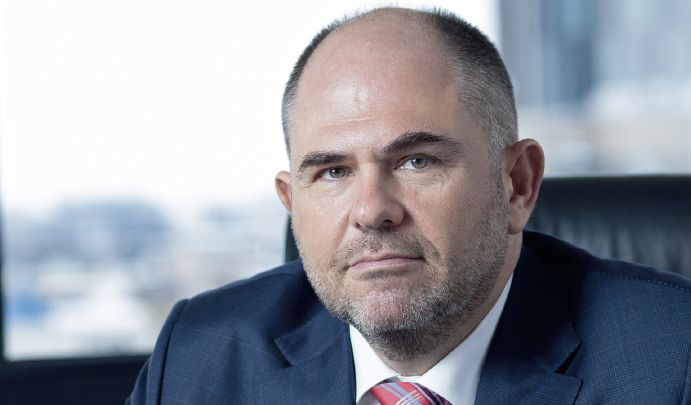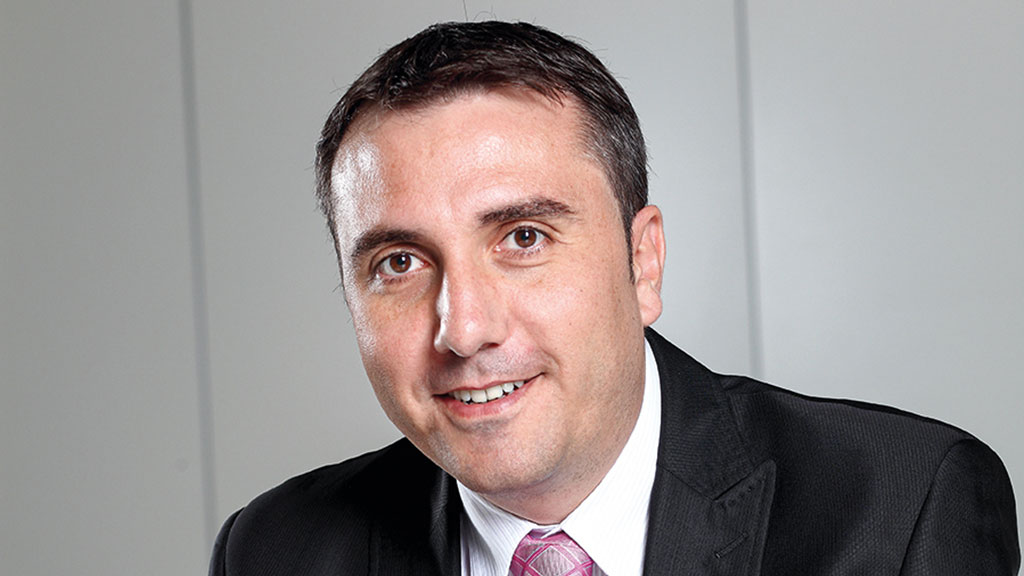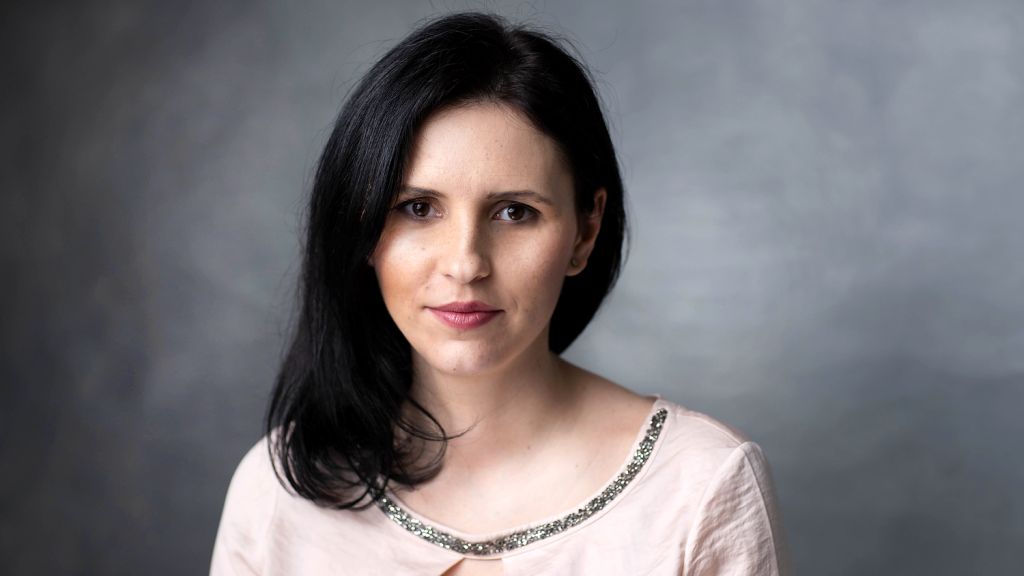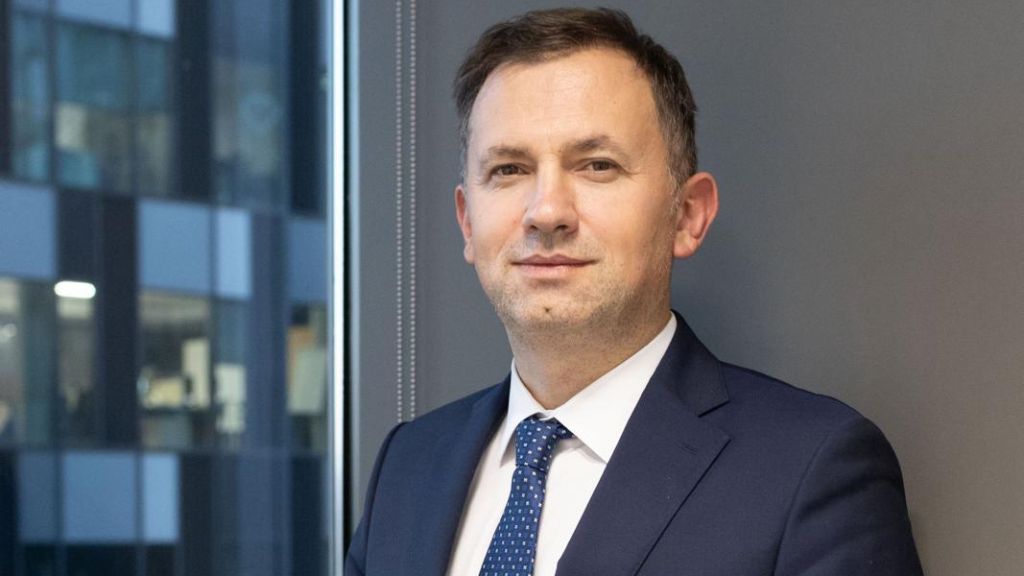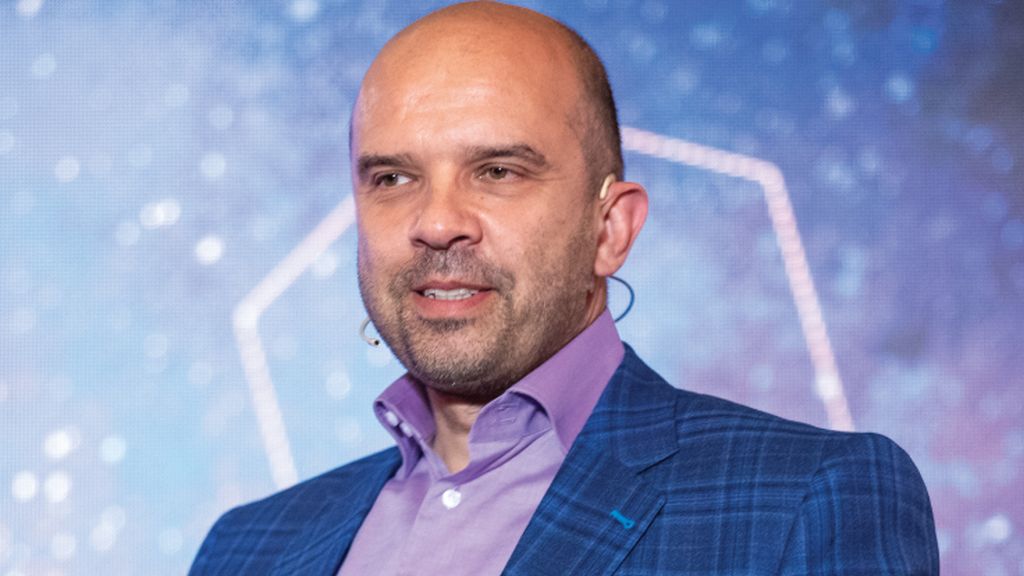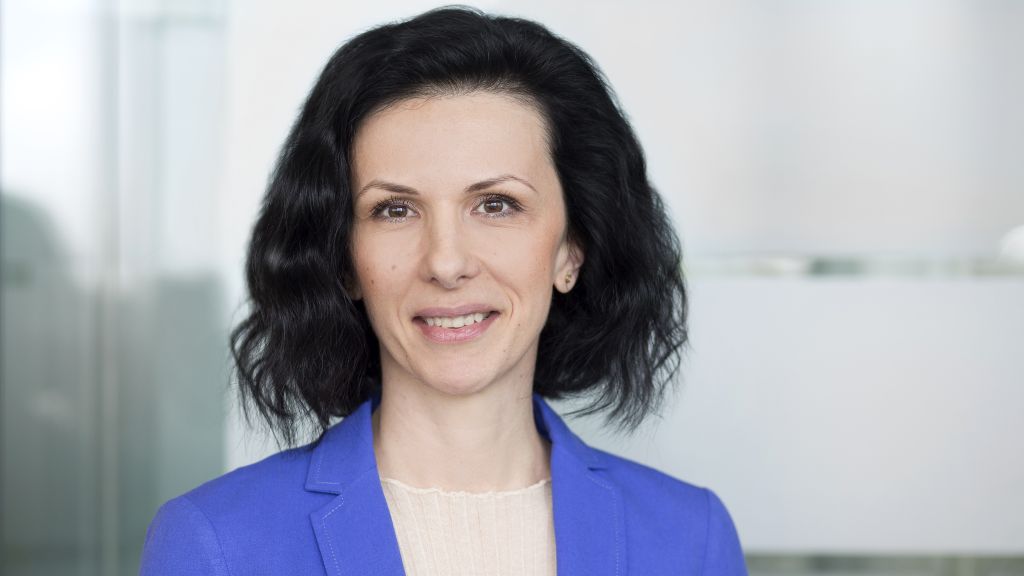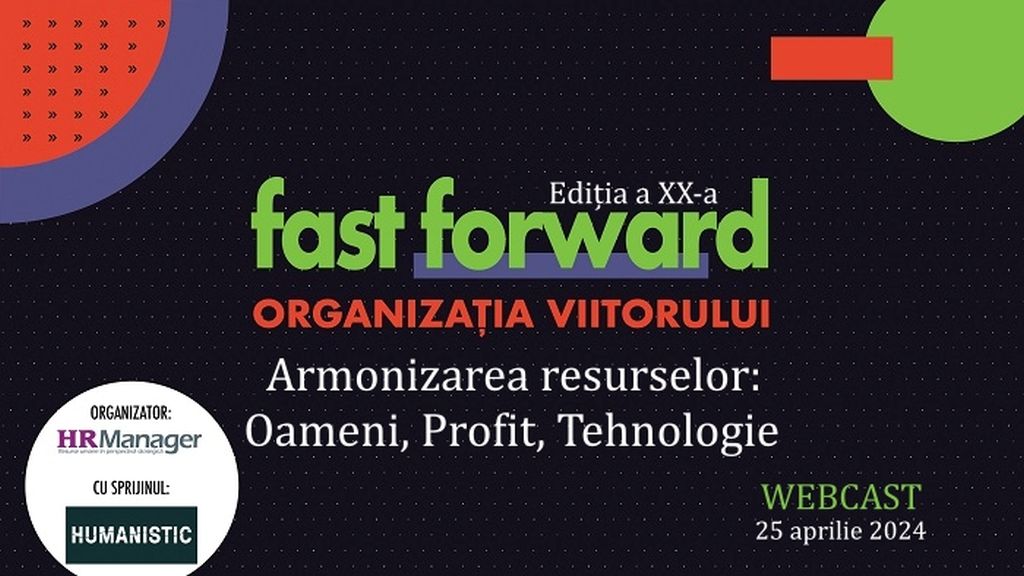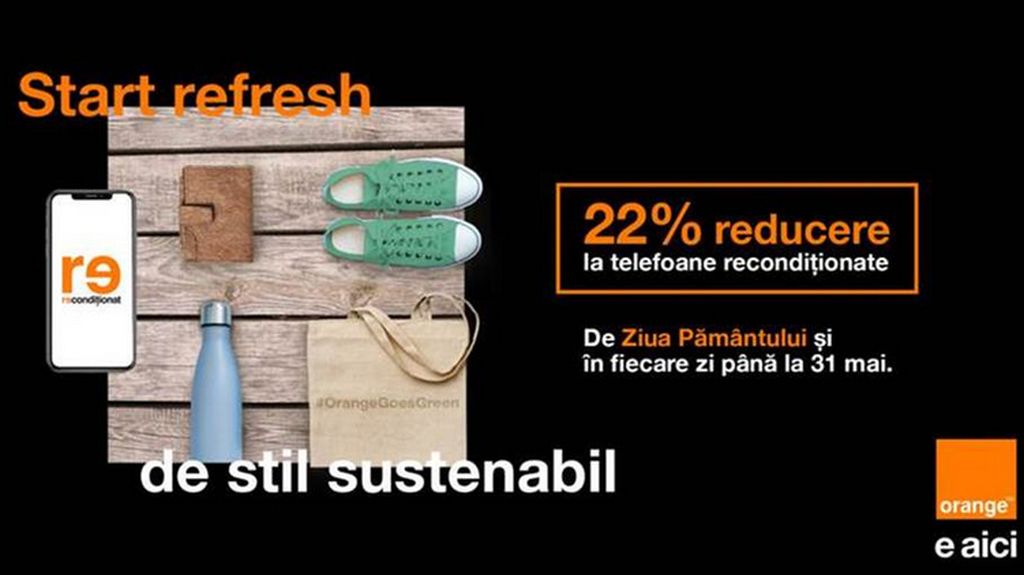Q: What are the latest banking trends in Romania? How good was the year 2018 compared to the expectations?
Sergiu Oprescu: In the current year, the national banking system has demonstrated resilience to external and internal risk factors, finding its profitability and investment attractiveness, having today an advanced structural stability, and being both one of the best-capitalized European banking systems and one with a comfortable liquidity.
The bank’s solvency ratio is at the highest level, at least for the past decade, reaching at 20.07% in June 2018, while the immediate liquidity indicator recorded an increase of 2 percentage points, up to 40%. Banks have applied drastic measures to reduce non-performing loans, currently at a quarter of the non-performing portfolio four years ago, specifically 5.71% by mid-2018, approaching significantly the European average of 4%. This evolution of the non-performance indicator places Romania on the first place in the European ranking in terms of non-performing loans indicator decrease between 2014 - 2017.
Q: What is your opinion on digitization in the banking system in Romania?
Sergiu Oprescu: The degree of financial intermediation, computed as a share of the non-government credit in GDP, places our country on the last place in the EU ranking with 26.4% while the share of banking assets in GDP is 50%, whereas at EU level this indicator is 255% and in the Euro Zone of 288%. The emigration phenomenon has reached a worrying level, reaching 15% of the country’s population, or 25% of the active population.
The gaps in relation to the average of the European states, such as the low banking degree of Romania of 58%, and the lowest degree of financial intermediation in the EU can be addressed through digitization. New technologies have the power to change paradigms and behaviours in just a few months. We are becoming increasingly digital, and this is a challenge, but also an opportunity.
Q: What are the most important lessons of the crisis that local banks have learned?
Sergiu Oprescu: I believe that the large fluctuations in the exchange rate and interest rates and the perception of this phenomenon among consumers have led banks to be more cautious in lending. This is what we call the awareness of the currency risk and of the variation in the interest rate. In this context, we must be careful not to build a space of irrational expectations through the form in which we communicate, which can easily be transformed into a vicious circle of political populism. When people judge the expectations that are inflamed by such positions, without having any financial education or European banking practice, they have nothing but to lose. They slowly become increasingly disappointed and withdraw from the relationship they could have built with the bank, entering what is called financial exclusion, which eventually leads to social exclusion.
Q: Do you think we know the financial alphabet better than in 2008? How do you see the process of financial education in Romania, both at the level of the clients and at the level of the employees in the industry?
Sergiu Oprescu: I believe that the banking system will have an increasingly important role in the economy. As the financial inclusion will increase, the need for digital operation will become more and more important, and the level of financial culture will grow. In terms of financial education, studies show that only 1 out of 5 adults understand the basic financial products, placing Romania last in the European rank, with a 22% financial education rate.
Noteworthy is the progress made in the past year, when the Romanian Banking Association, together with the stakeholders of the financial system, published the “Practical Handbook for the Financial Services User”, the first financial education tool that contains a synthesis of banking market concepts, insurance, pensions, and leasing. Also noteworthy are the many financial education initiatives of the banks that we have seen lately. I remember here, for example, the application “Kids – o afacere de succes” launched by Alpha Bank this year dedicated to pre-school and elementary school students to help them learn and practice financial concepts.
There is obviously room for improving the financial information and among bank employees as well. As a matter of fact, banks as employers have been applying the “lifelong learning” principle for bank employees for a long time. The new European regulations come with concrete requirements for the specialization of bank employees, as such is a continuous process of training of bank staff.
Q: Rebuilding trust was the most important goal after the global crisis. Do you think this goal has been achieved?
Sergiu Oprescu: Regarding the regaining of trust, we are on a positive trend. At this moment, it is important that the detractors of the industry are isolated from the professionals, from the specialists who argue the situation based on evidence, so that the perception built on some miss managed expectations does not hold for the objective reality. We need to pay attention to what is known as the growing trend of the asymmetry of trust - that is, trust one regains more quickly to those who are more knowledgeable, who have a correct understanding of what financial-banking services mean.
Banks have learned this year again from the lessons of legislative initiatives, but this also involves costs, including image costs. Greater responsibility is required, and perhaps we bankers should be more present sharing our position within the decision-making circle to help build perceptions based on accurate information.
Q: In your opinion, as CEO, what is the most important question that the management of the bank must address: something goes well in the next period or what is the mistake we cannot afford to do?
Sergiu Oprescu: I think rather weighing the risks, and especially after we went through the crisis. I will give you a concrete example here. Prior to the crisis, it was difficult to make decisions to stay out of certain flourishing markets, such as the credit market in Swiss francs. At the time, Alpha Bank was among the leaders of the mortgage credit, we had a large market share. We saw how this market share was eroded by competitors who gave credit in a currency that made mortgage lending easier. Staying aside and not entering that market for reasons that have proven to be valid 10 years later was not easy, but it has proven effective.




